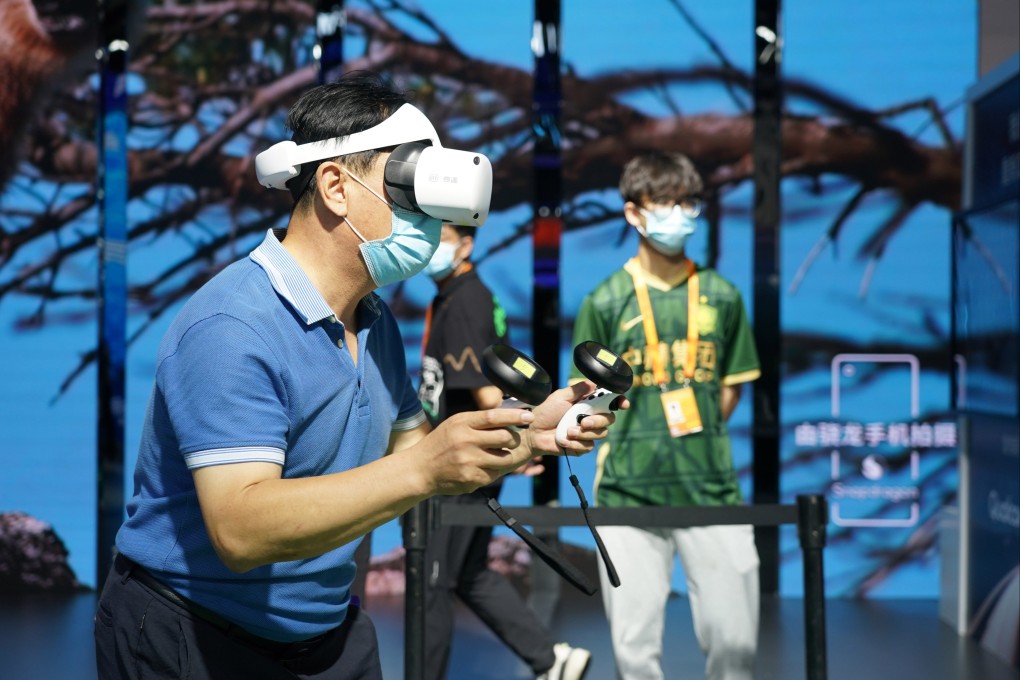China grants new video game licences to Tencent and NetEase in November in sign of a thaw in Beijing’s industry crackdown
- Regulator approved 70 licences for Chinese video gaming publishers this month
- There have been signs of a relaxation of industry scrutiny, with recent state media article saying gamng had become an industry of great significance

China’s top two video gaming companies, Tencent Holdings and NetEase, were both among the winners of new licences issued in November, according to the latest list published by China’s video gaming regulator on Thursday, signalling a thaw in China’s crackdown on the sector.
The National Press and Publication Administration (NPPA), the agency responsible for licensing video games in China, approved 70 licences for Chinese video gaming publishers this month, the second highest number in 2022 behind the 73 issued in September. The regulator did not grant any new licences in October.
Tencent Holdings, the world’s largest video game company by revenue, won a gaming licence for its video game Meta Slug: Awakening. In September, Tencent obtained a licence via a subsidiary, ending a 15-month drought for approvals of new titles amid China’s crackdown on video game industry.
NetEase, whose 14-year partnership with Blizzard in China is ending, also won a licence in the latest batch of approvals for its new title Monkey King’s Odyssey: Returning. The new licence came just hours after Blizzard Entertainment announced the termination of its deal with NetEase, which resulted in a 9 per cent fall for NetEase’s stock price in Hong Kong on Thursday.
NetEase said that the termination of its deal with Blizzard, which is set to expire on January 23 next year, would have no “material impact” on its results as the affected games “represent low single digits as a percentage of” its total revenues and income.
Beijing’s licence approvals for Tencent and NetEase come as China’s gaming market has started to shrink. Total sales in the Chinese video gaming market declined to 59.7 billion yuan (US$8.23 billion) between July and September, down 19.1 per cent from 73.8 billion yuan in the same period last year, according to a report by Chinese video gaming intelligence firm CNG.
Gaming licences are mandatory for video games to be published and sold in the Chinese market.